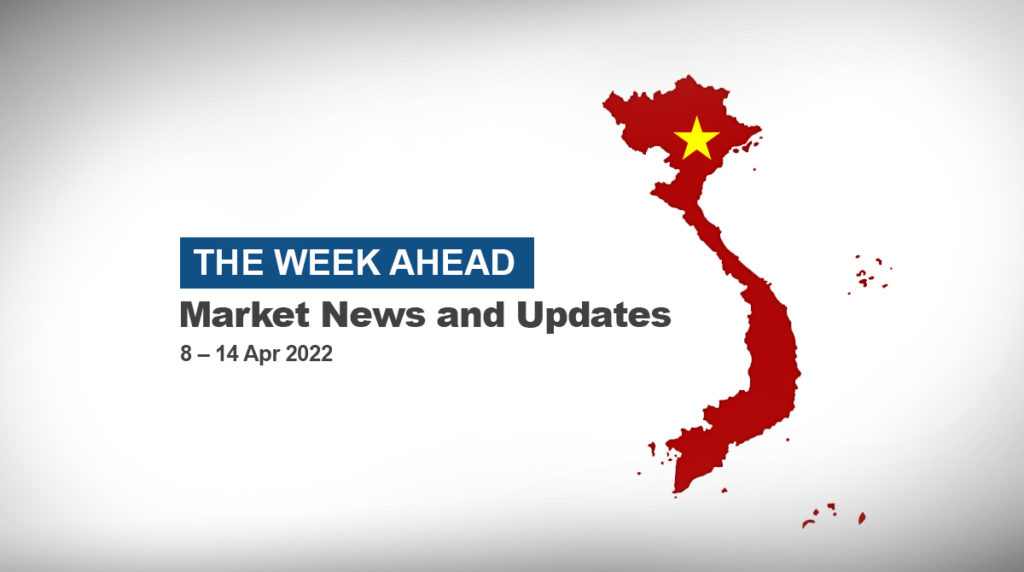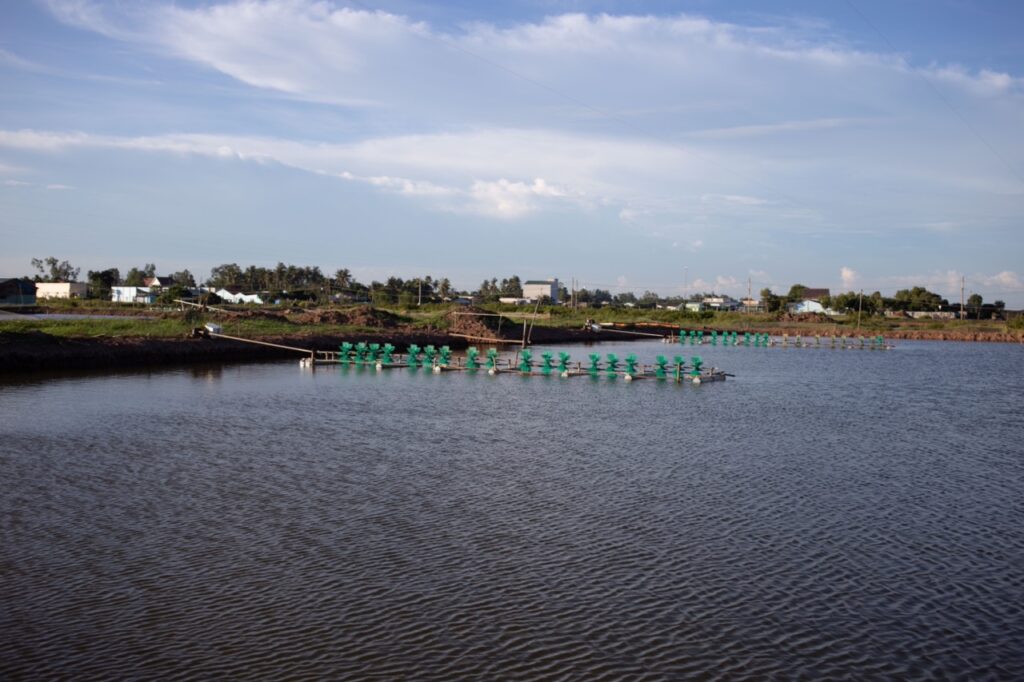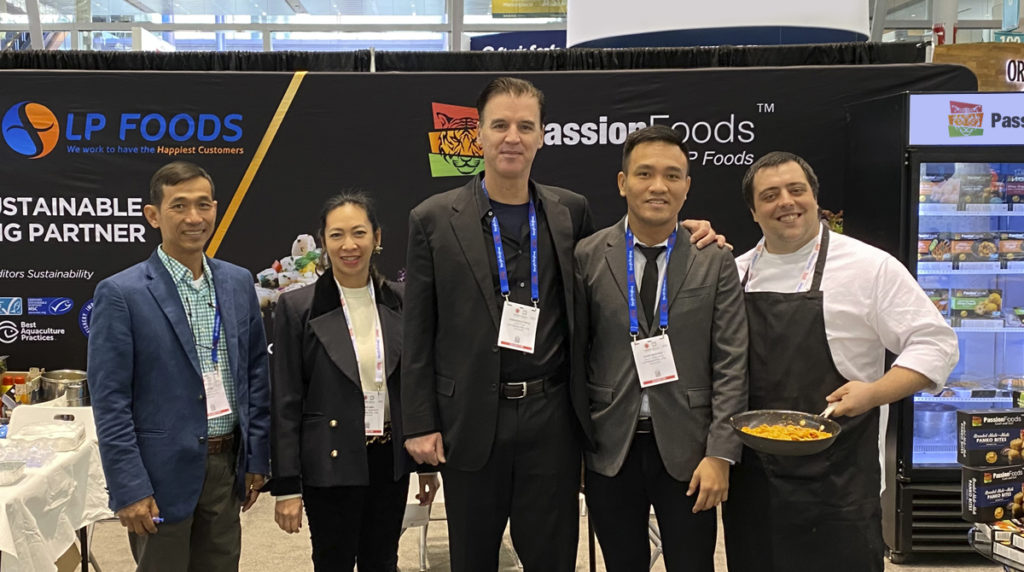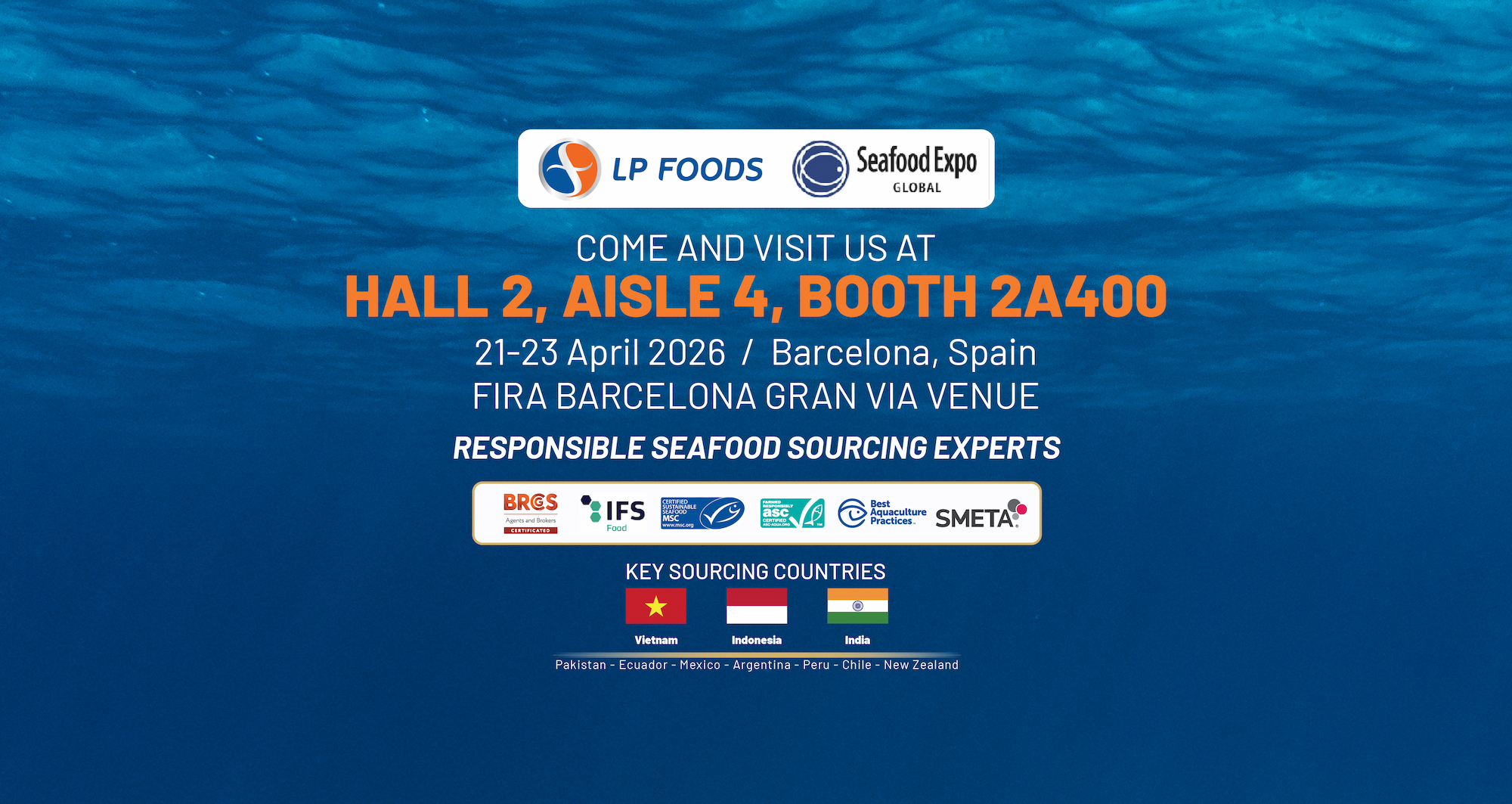From Sea to Shelf
With You at Every Step
LP Foods supply certified frozen seafood to buyers who need clear sources, solid partnerships, and real control over what they bring to market.
About Us
Confidence, Built In
From sourcing to shipping, we ensure confidence – with our certified facilities, transparent supply chains, and lasting partnerships built on quality.
100 Years of Seafood Expertise
From Europe to Asia, our roots run deep in seafood innovation, global trade, and trusted partnerships.
Our Products
Vannamei Shrimp
(Litopenaeus Vannamei)
Farmed in Vietnam and Indonesia – ASC and BAP 4* Certified
Organic
Black Tiger
(Penaeus Monodon)
Origin: Vietnam Responsibly Farmed Naturland, Bio Suisse
Premium Octopus
(Octopus Maya, Octopus Cyanus)
Origin: Indonesia, Mexico – Part of a Fishery Improvement Project (FIP)
FISH
Species: Snapper, Mahi Mahi, Grouper, Barramundi, Cobia
Origin : Indonesia – Part of a Fishery Improvement Project (FIP)
Passion Foods
Premium Seafood Value Added Products Developed by our experienced R&D Chefs
Quality Assurance
Experience You Can Trust Quality You Can Trace
Backed by decades of hands-on experience, our in-house quality control team works alongside globally certified partners to ensure every product meets the highest standards – at every stage.
Certified Where It Matters
Global standards, met in our facility.
Eyes on Every Detail
Hands-on quality, our team monitors every product with intention.
Clarity from Source to Shelf
Traceable. Transparent. Trusted.
Farmed Items:


Sea caught Items:


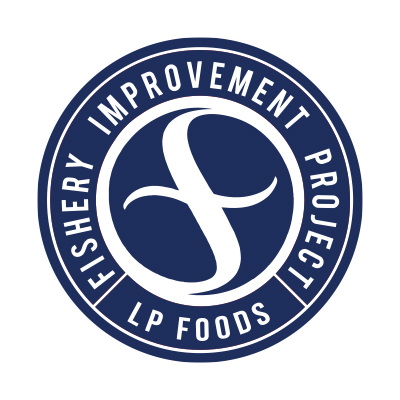
Factories:



What experience looks like
NON CHEMICAL AND RESPONSIBLY SOURCED SEAFOOD
For 3 generations we have supplied quality seafood to retailers and restaurant chains globally.
We offer a supply chains fully certified and professionally audited.
Take a close look to our product: we have developed a strong expertise In Octopus and Fish with our clients.
Years of experience
Export countries
Number of products
Thousand
MTs
News and Blog
Stay Ahead Of The Curve With Our Thought-Provoking Content
THE WEEK AHEAD – Market News and Updates
VASEP forecasts that seafood exports will continue its uptrend in the upcoming months due to robust demand from markets. The war between Russia and Ukraine…
Shrimp Welfare Project Partners with Thuan Phuoc Corp.,…
The Shrimp Welfare Project (SWP) is excited to announce a groundbreaking collaboration with Thuan Phuoc Seafoods and Trading Corporation (Thuan Phuoc Corp.), Labeyrie Fine Foods,…
SENA 2022: A Successful Event For LP Foods…
We would like to thank you for spending your time visiting our booth at SENA 2022. It was our pleasure as we enjoyed many inspiring…

